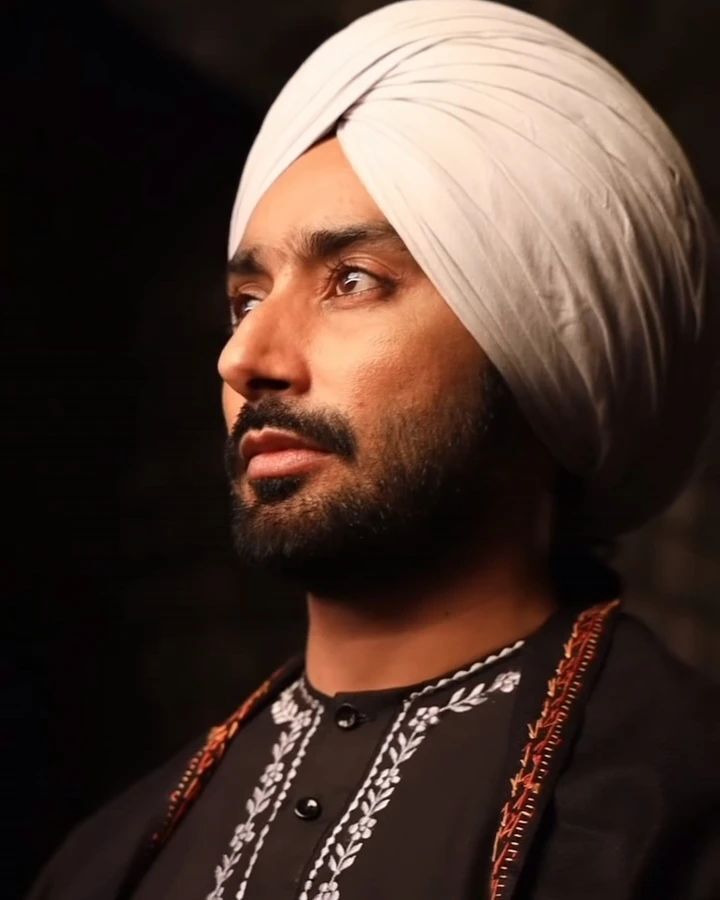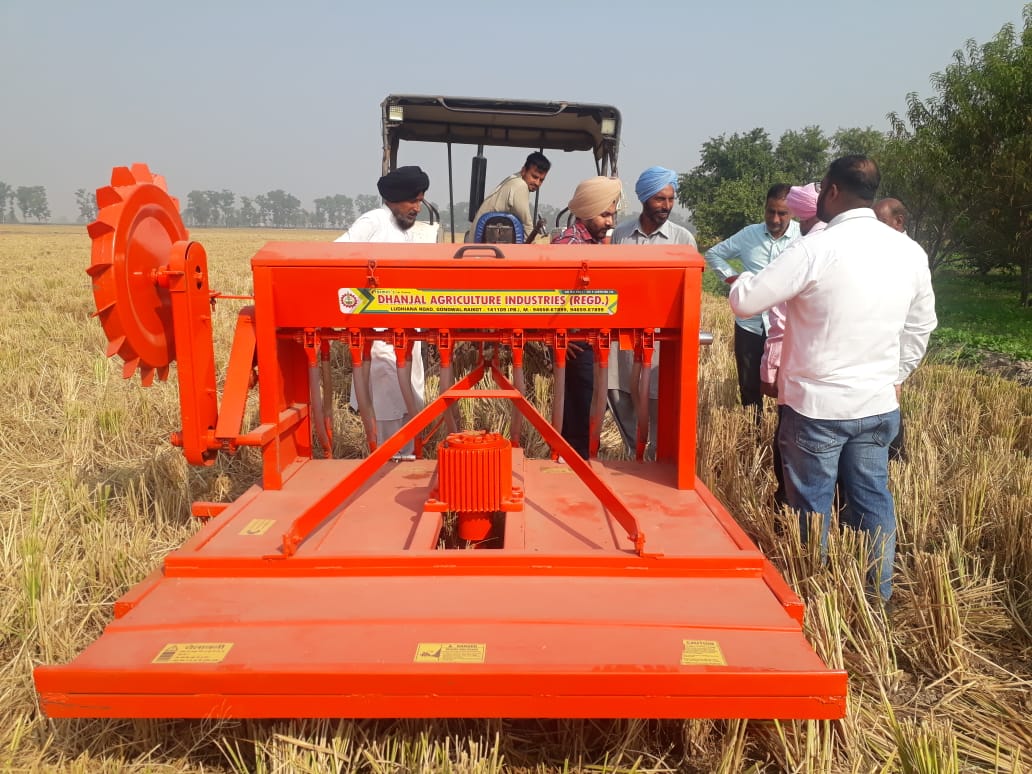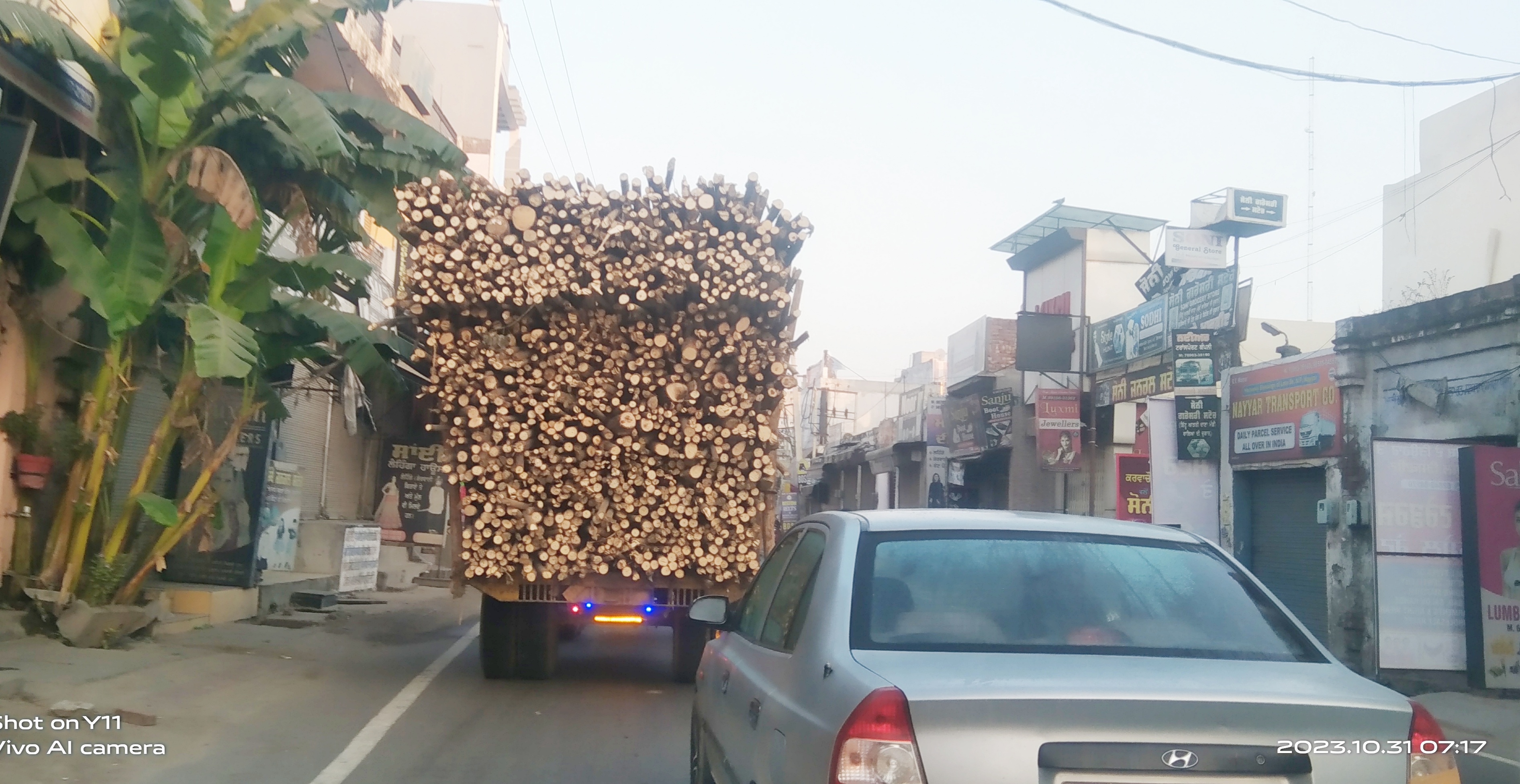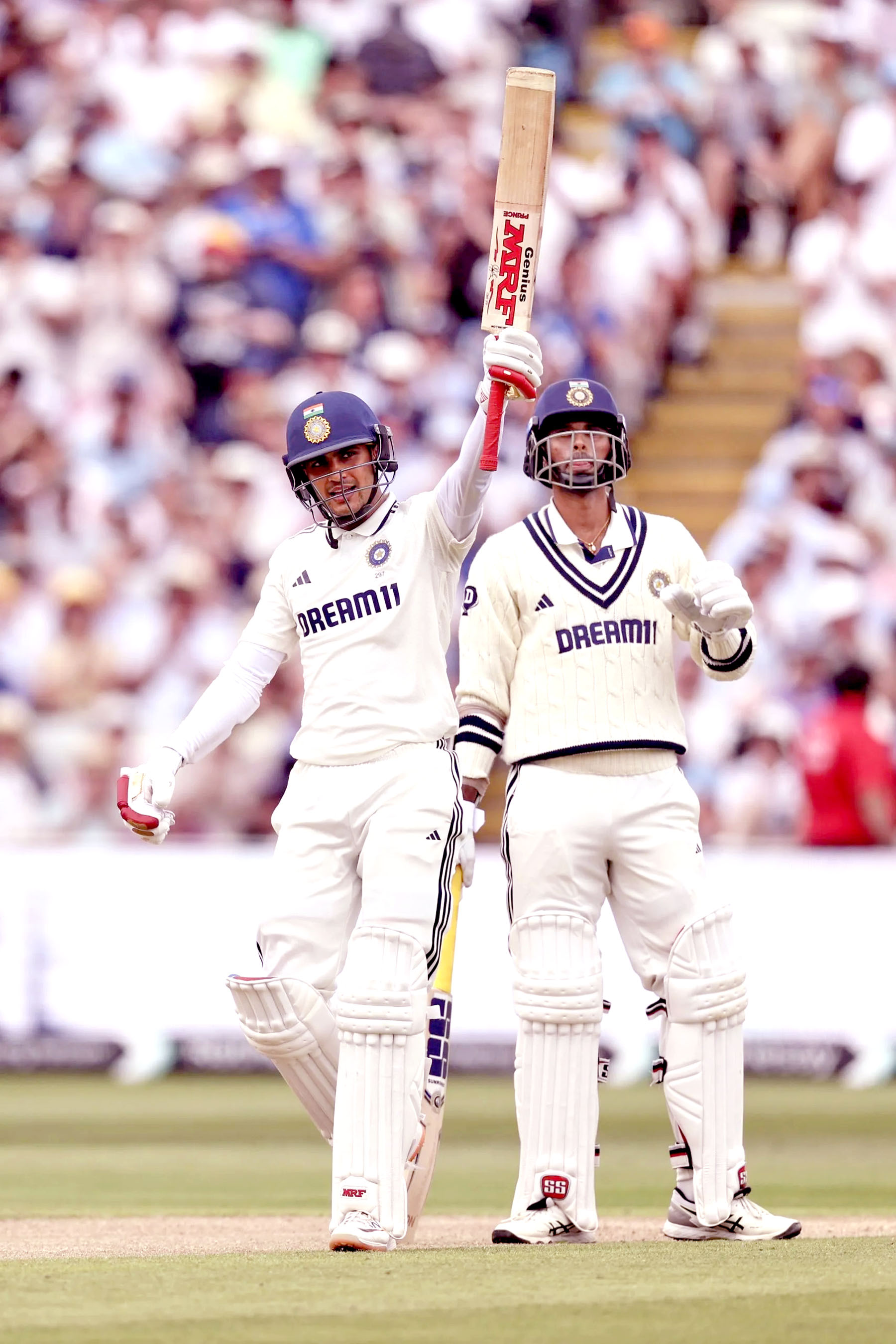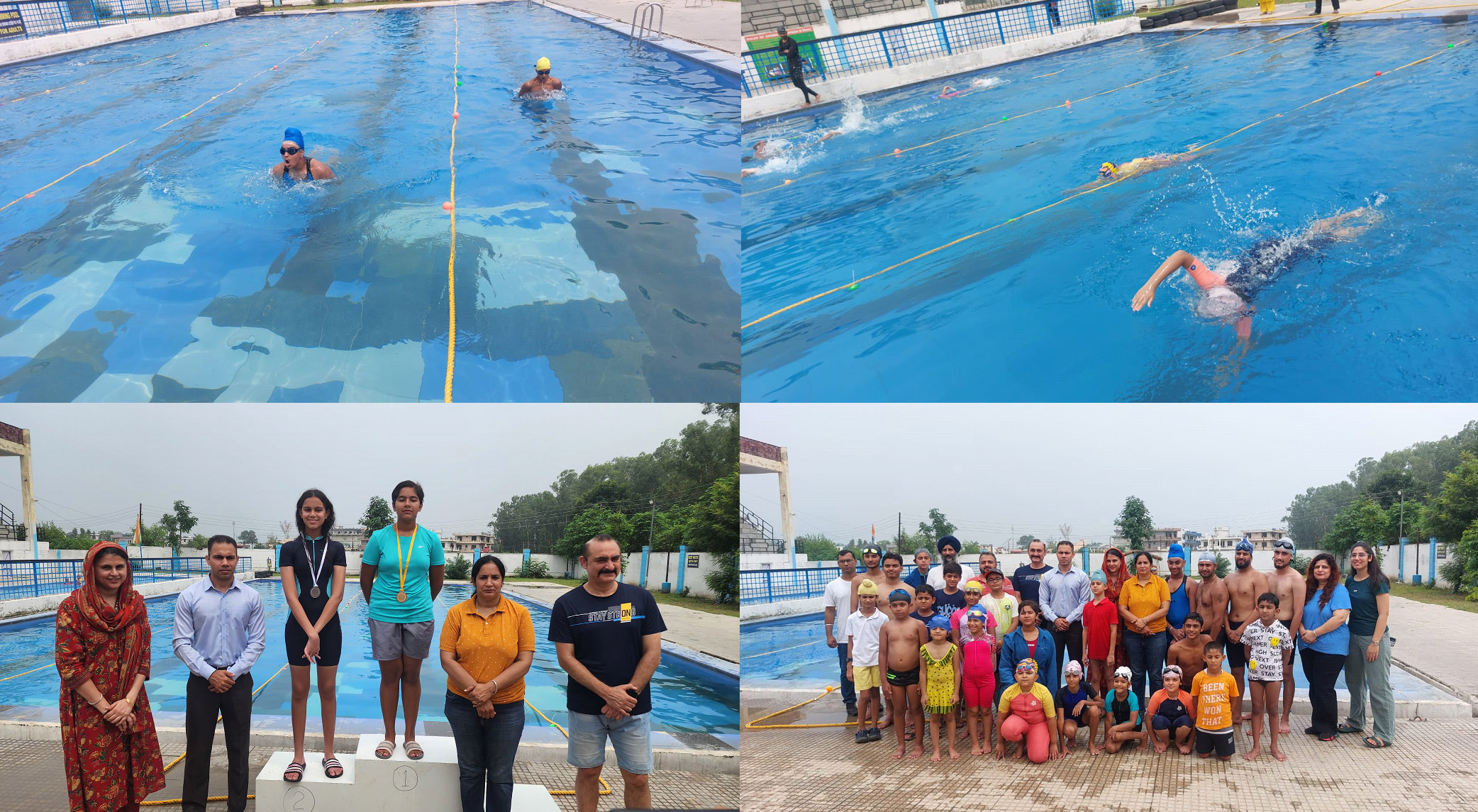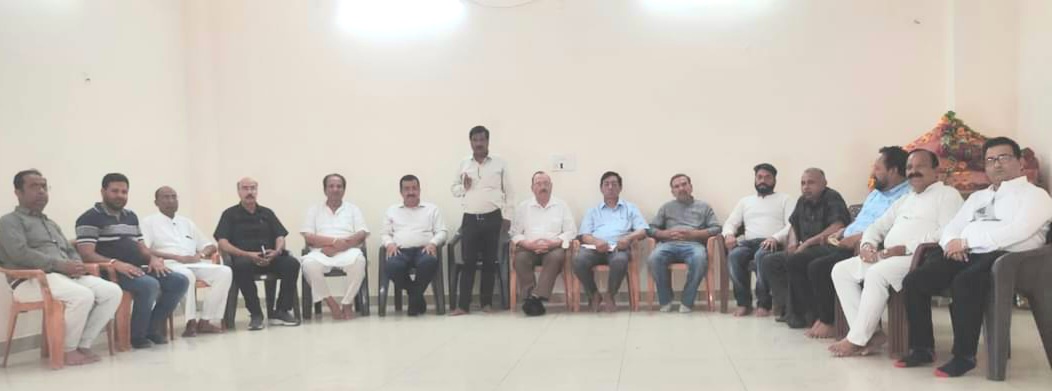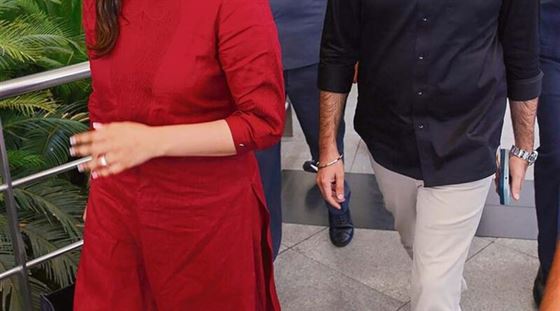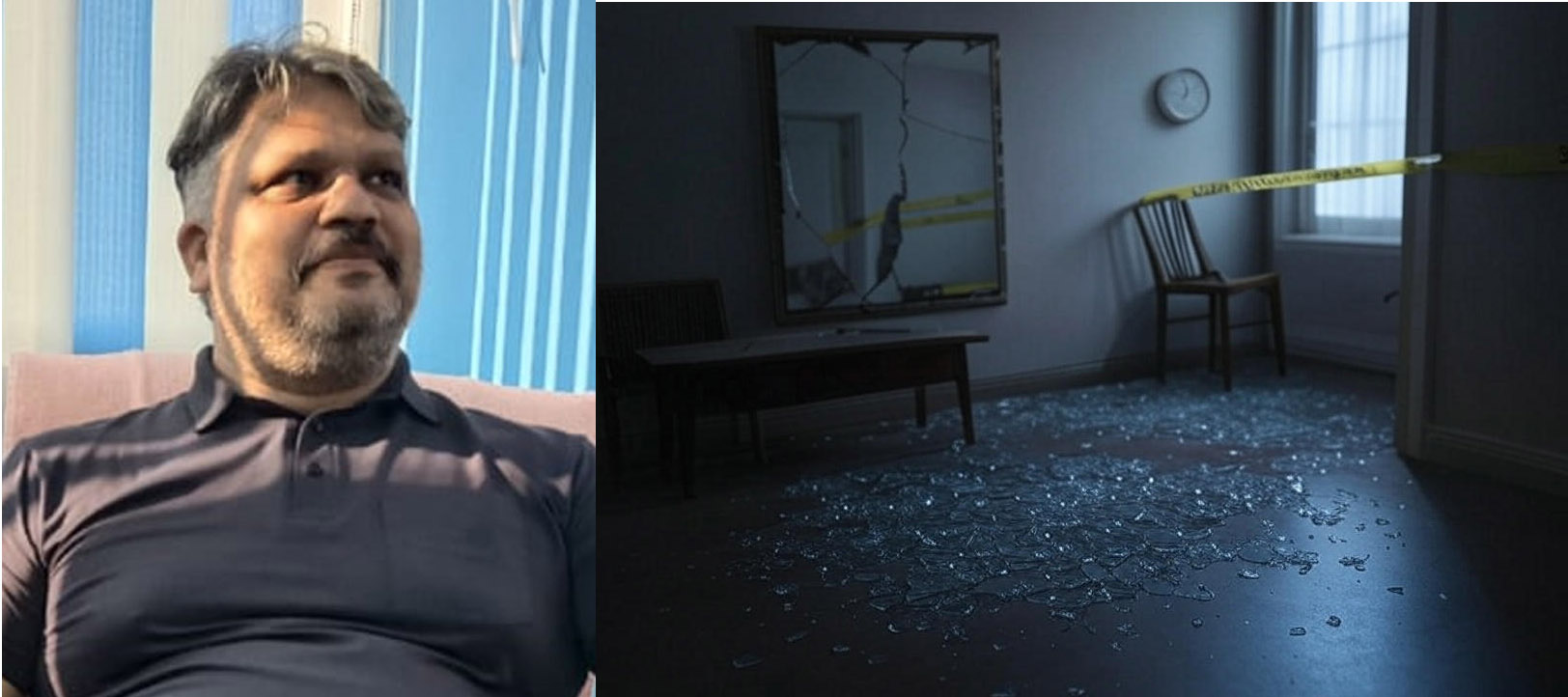
Domestic violence- an increasing issue in India.
Marriage has always been regarded as a sacred bond that unites not just two individuals but also two families. It is an occasion of joy, filled with rituals, traditions, and hopes for a beautiful future. In various cultures, marriage symbolizes love, commitment, and unity, establishing connections that last for generations. Families come together to celebrate this occasion, hoping for laughter, memories, and a blissful life for the couple. However, amidst this celebration of love, certain incidents compel us to reflect on the challenges and problems associated with the institution of marriage.
Marriage has always been regarded as a sacred bond that unites not just two individuals but also two families. It is an occasion of joy, filled with rituals, traditions, and hopes for a beautiful future. In various cultures, marriage symbolizes love, commitment, and unity, establishing connections that last for generations. Families come together to celebrate this occasion, hoping for laughter, memories, and a blissful life for the couple. However, amidst this celebration of love, certain incidents compel us to reflect on the challenges and problems associated with the institution of marriage.
Recently, some cases have highlighted the complexities and harsh realities surrounding the choice of life partners. The process of meeting someone is often laden with social expectations, familial pressure, and personal vulnerabilities. While marriage should be a partnership built on trust and mutual respect, emotional clashes and misunderstandings have led to painful outcomes in some instances. These events prompt us to reconsider our perspectives on relationships and the social values we prioritize when entering such unions.
Recent cases clarify the harsh realities surrounding marriage. In Meerut, Muskaan Rastogi and her lover Sahil Shukla brutally murdered Muskaan's husband Saurabh Rajput due to his addiction and illicit relationship. Similarly, in Auraiya district, Pragati Yadav conspired with her lover to murder her husband just two weeks after feeling trapped in an unwanted marriage.
The causes of these distressing incidents are complex and multifaceted. A primary reason is the social pressure surrounding marriage itself. In many parts of India, marriage is not merely a personal choice but a societal obligation that weighs heavily on young men and women. They are often pushed into relationships they do not desire or are not fully prepared for. Forced marriages—like that of Pragati Yadav—can lead to actions filled with pain and despair when individuals feel trapped without personal choice.
Another reason is coercive relationships stemming from jealousy, control, or addiction. In Muskaan Rastogi's case, her husband's addiction played a significant role in her decision-making process. Substance abuse often exacerbates existing tensions in relationships, leading to hatred or violent behavior. Additionally, extramarital affairs—as seen in the cases of Muskaan and Pragati—breed betrayal that transforms love into resentment and erodes trust.
Dowry-related violence remains another significant issue affecting Indian marriages. Despite legal restrictions on dowry practices, many families continue to demand dowry during weddings. When these demands are unmet or perceived as insufficient, married women face violence that can escalate to mental or physical abuse or even suicide.
Mental health struggles also play a crucial role in these distressing incidents. Many individuals lack access to appropriate mental health care or support systems that could help them escape emotional pain or violent situations. Without assistance or guidance, feelings of helplessness can lead to destructive actions.
Addressing these issues effectively requires multi-level support—individual, familial, societal, and legislative efforts working together can prevent such tragic incidents from occurring.
The first and foremost resource is education. Beyond higher education, families should engage in open discussions about consent, partnership, emotional well-being through community dialogues. Schools should implement curricula that teach young people to respect social values.
Support systems must be strengthened so that victims can seek help without fear of judgment or repercussions from their families. Helplines like "Operation Peacemaker" provide essential resources for those facing domestic violence; however, larger campaigns are needed in rural areas where assistance can reach the most remote corners.
There must be strict action against perpetrators of domestic violence to ensure that victims can obtain timely justice without fearing delays from governmental systems or retaliation from offenders' families.
Mental health services should be made accessible at a national level so that individuals facing emotional distress can receive counseling before reaching a point where they resort to violence or suicide.
Marriage should be a celebration of love and partnership—a foundation for strong families that support each other through life's challenges. By addressing the underlying issues that break this sacred bond, society can reclaim its true essence. Marriage should be based on mutual respect, understanding, and shared happiness.
- Davinder Kumar

